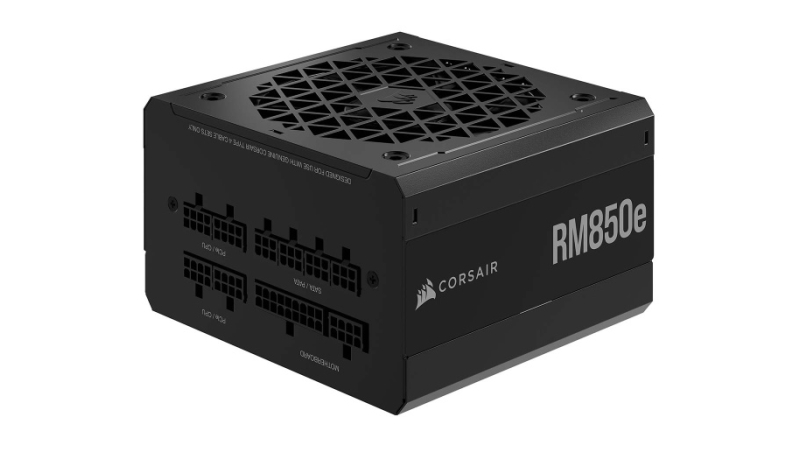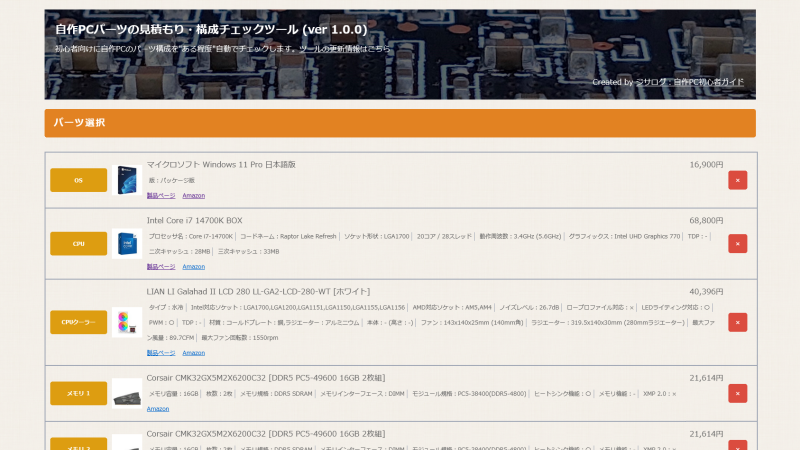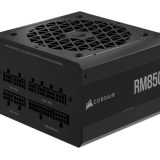The certification of power supply units is a system that guarantees whether a computer power supply unit meets certain standards for efficiency in supplying power and for quiet operation. It ensures that the performance of the power supply unit meets specific criteria.
Power supply units that have received certification will have a mark on the product image or packaging that corresponds to the certification and grade. This allows users to easily identify which certification and grade the product has achieved.
For those building a custom PC, especially those who care about the energy efficiency and quietness of the power supply unit, it is important to understand how this certification system works.
- Power supply unit certification guarantees performance such as energy efficiency and quietness.
- There are three main certifications: 80PLUS, ETA, and LAMBDA, with 80PLUS being the most common.
- 80PLUS and ETA mainly evaluate energy efficiency, while LAMBDA certification evaluates quietness.
- Higher grades can make power supply units more expensive, so a moderate grade is sufficient.
This article also explains the basics of power supply unit standards, cables, and how to choose a unit from the perspective of performance and compatibility.
≫ Related article: How to Choose a Power Supply Unit for Custom PCs [Performance / Features / Compatibility]
Select PC parts and online stores to instantly generate an estimate, check compatibility, and calculate power requirements. You can save up to five different builds, making it easy to try out multiple configurations.
≫ Tool:PC Parts Estimation & Compatibility Check Tool
Table of Contents
What is Power Supply Unit Certification?
Power supply unit certification is a system that guarantees that a power supply unit meets standards for power efficiency and quiet operation.
With this system, products certified by third-party organizations are guaranteed to be reliable and efficient.
First, let’s go over the basics of power supply unit certification.
Types of Certification
There are mainly three types of power supply unit certifications:
| Certification Name | Company | Evaluation Criteria |
|---|---|---|
| 80PLUS Certification | Cleantech | Energy Efficiency |
| ETA Certification | Cybenetics | Energy Efficiency and Power Loss |
| LAMBDA Certification | Cybenetics | Noise Level |
80PLUS Certification
80PLUS Certification is a program provided by Cleantech that evaluates the energy efficiency of power supply units.
This certification is given to power supply units that achieve an energy efficiency of 80% or higher, and there are different efficiency levels such as Bronze, Silver, Gold, Platinum, and Titanium.
Cleantech is a company that aims to reduce power consumption and lessen environmental impact by evaluating and certifying energy efficiency.
ETA Certification
ETA Certification is a program provided by Cybenetics that evaluates the energy efficiency and power loss of power supply units.
This certification provides more detailed efficiency evaluation and gives information about the power consumption of the power supply unit.
Cybenetics is a company that comprehensively evaluates the performance of power supply units and provides reliable information to consumers through detailed testing and certification.
LAMBDA Certification
LAMBDA Certification is also provided by Cybenetics and evaluates the noise level of power supply units.
Noise is measured in decibels (dB), and this certification evaluates how quiet the power supply unit is.
Therefore, users who seek quiet operation should also check for LAMBDA certification.
80PLUS Certification is the Mainstream
Among these, 80PLUS Certification is the most common, and most custom PC users refer to it.
Also, it is estimated that over 90% of power supply units have 80PLUS Certification, making it a very useful indicator.
On the other hand, ETA and LAMBDA certifications are only obtained by about 20-30% of power supply units, so it can be a bit harder to compare products.
For energy efficiency, 80PLUS Certification is usually sufficient, but if quietness is important, LAMBDA Certification is the key, which means the choices are more limited.
![]() Ken
Ken
High Conversion Efficiency Does Not Always Mean Big Savings (No Need to Choose the Highest Grade)
There are various grades for power supply unit certifications, such as Bronze, Silver, Gold, Platinum, and Titanium, but in reality, Gold or Silver certification is usually enough. (Grades will be explained later.)
Certainly, power supply units with Platinum or Titanium certification are more efficient and can reduce power consumption, but their prices are also higher.
For example, when comparing a Gold certified power supply unit with a Platinum certified one, Platinum is more efficient, but the difference in conversion efficiency is only about 1-2%.
However, the price difference can be several thousand yen, which is quite significant.
While using a high-efficiency power supply unit for a long time can save on electricity bills, it often takes a long time to make up for the price difference.
Therefore, considering cost performance, a Gold or Silver certified power supply unit is sufficient.
These certifications still provide enough efficiency and stable power supply.
There is no need to forcefully choose a high certification; making a balanced choice is important.
About 80PLUS Certification
80PLUS Certification is a system that shows the efficiency of a power supply unit and guarantees that the conversion efficiency meets certain standards for power consumption.
There are six levels in this certification: Standard, Bronze, Silver, Gold, Platinum, and Titanium. The higher the level, the better the efficiency.
| Grade | Logo | Conversion Efficiency (%) | |||
|---|---|---|---|---|---|
| Load: 10% | Load: 20% | Load: 50% | Load: 100% | ||
| TITANIUM | 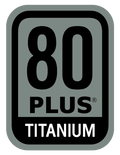 | 90% | 92% | 94% | 90% |
| PLATINUM |  | – | 90% | 92% | 89% |
| GOLD |  | – | 87% | 90% | 87% |
| SILVER |  | – | 85% | 88% | 85% |
| BRONZE |  | – | 82% | 85% | 82% |
| STANDARD |  | – | 80% | 80% | 80% |
Conversion efficiency shows how efficiently a power supply unit can output power compared to the power it consumes.
The higher the energy efficiency, the less wasted energy, making the product more environmentally friendly.
For example, if the power supply unit is at 50% load, the Titanium grade has a conversion efficiency of 94%.
Also, power supply units are designed to have the highest conversion efficiency at 50% load.
Analysis of many PC users’ usage shows that power supply units often operate at about 50% of maximum load during normal use.
This is because, during everyday tasks (web browsing, document creation, light gaming, etc.), the system rarely operates at full power.
Efficient power supply units reduce unnecessary power consumption and heat, which affects the stable operation of the computer and saves electricity costs in the long run.
Especially for gaming PCs or servers that require high loads, a high-efficiency power supply unit is recommended.
However, the higher the certification level, the higher the price tends to be, so it is important to choose based on usage and budget.
Even if the price of the power supply unit increases with a higher certification level, it is difficult to save enough electricity to make up for the price difference, so it is not necessary to focus too much on saving electricity.
About ETA Certification
ETA Certification, like 80PLUS, is a system that shows energy efficiency, but it also provides more detailed efficiency evaluation beyond conversion efficiency.
| Grade | Logo | Conversion Efficiency (%) | Power Factor (PF) | 5VSB Conversion Efficiency (%) | Standby Power (W) |
|---|---|---|---|---|---|
| DIAMOND | 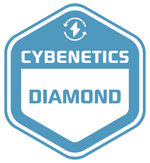 | 93% or higher | 0.985 or higher | Over 79% | Less than 0.10W |
| TITANIUM | 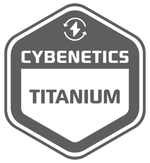 | 91% or higher, less than 93% | 0.980 or higher | Over 77% | Less than 0.13W |
| PLATINUM | 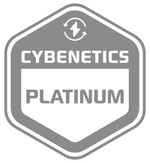 | 89% or higher, less than 91% | 0.975 or higher | Over 76% | Less than 0.16W |
| GOLD | 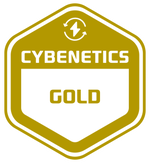 | 87% or higher, less than 89% | 0.970 or higher | Over 75% | Less than 0.19W |
| SILVER | 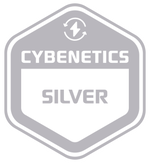 | 85% or higher, less than 87% | 0.960 or higher | Over 73% | Less than 0.22W |
| BRONZE | 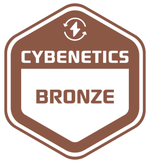 | 82% or higher, less than 85% | 0.950 or higher | Over 71% | Less than 0.25W |
Conversion efficiency shows how efficiently a power supply unit can output power compared to the power it consumes.
Power Factor (PF) shows the ratio between the power supplied and the power consumed by the power supply unit. The closer this value is to 1, the more efficiently power is being supplied.
5VSB conversion efficiency refers to the efficiency of the 5V standby line used when the power supply unit is in standby mode. This evaluates how efficiently the 5V power is supplied when the main output is off, such as when the system is in sleep or shutdown mode.
Standby power evaluates the power consumed by the power supply unit when in standby mode. The lower the standby power, the less wasted energy.
ETA Certification evaluates not only conversion efficiency but also the efficiency of power supply and standby mode, providing a more detailed efficiency evaluation.
About LAMBDA Certification
LAMBDA Certification is different from other certifications. It measures noise in decibels (dB) and evaluates how quiet the power supply unit is.
There are seven levels: A++, A+, A, A-, STANDARD++, STANDARD+, and STANDARD.
| Grade | Logo | Noise Requirement (dB(A)) |
|---|---|---|
| A++ | 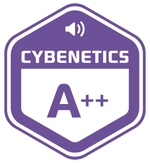 | Less than 15 dB(A) |
| A+ | 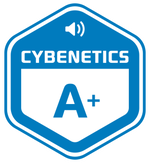 | 15 dB(A) or more, less than 20 dB(A) |
| A | 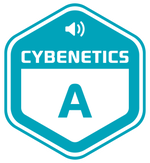 | 20 dB(A) or more, less than 25 dB(A) |
| A- | 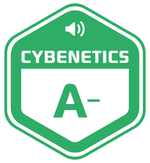 | 25 dB(A) or more, less than 30 dB(A) |
| STANDARD++ | 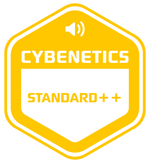 | 30 dB(A) or more, less than 35 dB(A) |
| STANDARD+ | 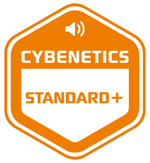 | 35 dB(A) or more, less than 40 dB(A) |
| STANDARD | 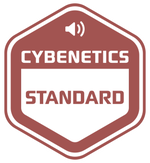 | 40 dB(A) or more, less than 45 dB(A) |
I borrow actual units from manufacturers and run benchmarks (see Pasolog), and I also measure quietness.
From my experience testing dozens of units, 35dBA or less is extremely quiet, like a gentle breeze.
*In the benchmark noise measurements, the noise is for the entire PC, not just the power supply unit.
If you focus, you can hear the fan spinning, but if you are concentrating on a task or using an air conditioner or fan, you probably won’t notice it.
Also, STANDARD is 40–45dBA, but this is still fairly quiet. For some people, it may feel normal.
It is not particularly noisy, so as long as the power supply unit has LAMBDA certification, it is generally quiet.
Also, PC noise comes from other components like the CPU cooler, GPU, and case fans, and the power supply unit fan is usually one of the quieter ones.
So, even if only the power supply unit is rated “A++” for quietness, if other fans are loud, it doesn’t make much difference.
Consider whether to choose other quiet fans or settle for a moderate LAMBDA certification grade.
For reference, here is a summary of noise levels by decibel:
Noise Level Guide
| Decibel (dBA) | Guide 1 | Guide 2 | Examples |
|---|---|---|---|
| 70 | Loud | Very loud, need to speak loudly to have a conversation | – Noisy street – Cicada sounds (2m) |
| 60 | Very noticeable, can have a conversation if speaking loudly | – Normal conversation – Washing machine, vacuum cleaner, TV | |
| 50 | Normal | Noticeable, but normal conversation is possible | – Home air conditioner (outdoor unit) – Ventilation fan (1m) |
| 40 | No problem for conversation | – Quiet residential area – Library | |
| 30 | Quiet | Very faint | – Suburbs at midnight – Whispering |
| 20 | Almost inaudible | – Whisper – Sound of leaves rustling |
Summary: When Choosing a Power Supply Unit for a Custom PC, Check 80PLUS Certification
This article explained the basic knowledge about power supply unit certification and the three main certifications, including their grades and evaluation criteria.
Mainly, these certifications focus on energy efficiency and quietness, making them very reliable and useful for users who value these aspects.
Let’s summarize the key points of this article again.
- Power supply unit certification guarantees performance such as energy efficiency and quietness.
- There are three main certifications: 80PLUS, ETA, and LAMBDA, with 80PLUS being the most common.
- 80PLUS and ETA mainly evaluate energy efficiency, while LAMBDA certification evaluates quietness.
- Higher grades can make power supply units more expensive, so a moderate grade is sufficient.
The higher the certification grade, the more expensive the power supply unit tends to be, so it is important to choose a grade that matches your needs and budget.
Personally, I think it is not good to pursue the highest grade too much, and I recommend a middle grade for the best cost performance.
For example, Gold or Silver for 80PLUS Certification.
Going higher than that only slightly increases conversion efficiency, but the price of the power supply unit rises sharply, so it is honestly not recommended.
Although I have not calculated the exact electricity cost, I believe that the savings will not be enough to make up for the higher price.
Therefore, considering these factors, it is best to aim for a moderate grade without overdoing it.
This article also explains the basics of power supply unit standards, cables, and how to choose a unit from the perspective of performance and compatibility.
≫ Related article: How to Choose a Power Supply Unit for Custom PCs [Performance / Features / Compatibility]
Select PC parts and online stores to instantly generate an estimate, check compatibility, and calculate power requirements. You can save up to five different builds, making it easy to try out multiple configurations.
≫ Tool:PC Parts Estimation & Compatibility Check Tool
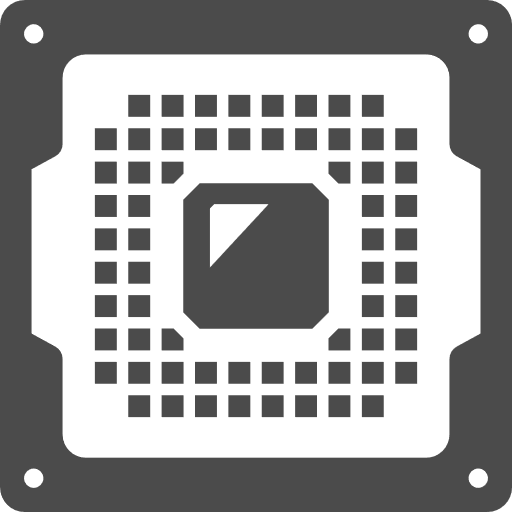 ZisaLog: Beginner’s Guide to Building a Custom PC
ZisaLog: Beginner’s Guide to Building a Custom PC 